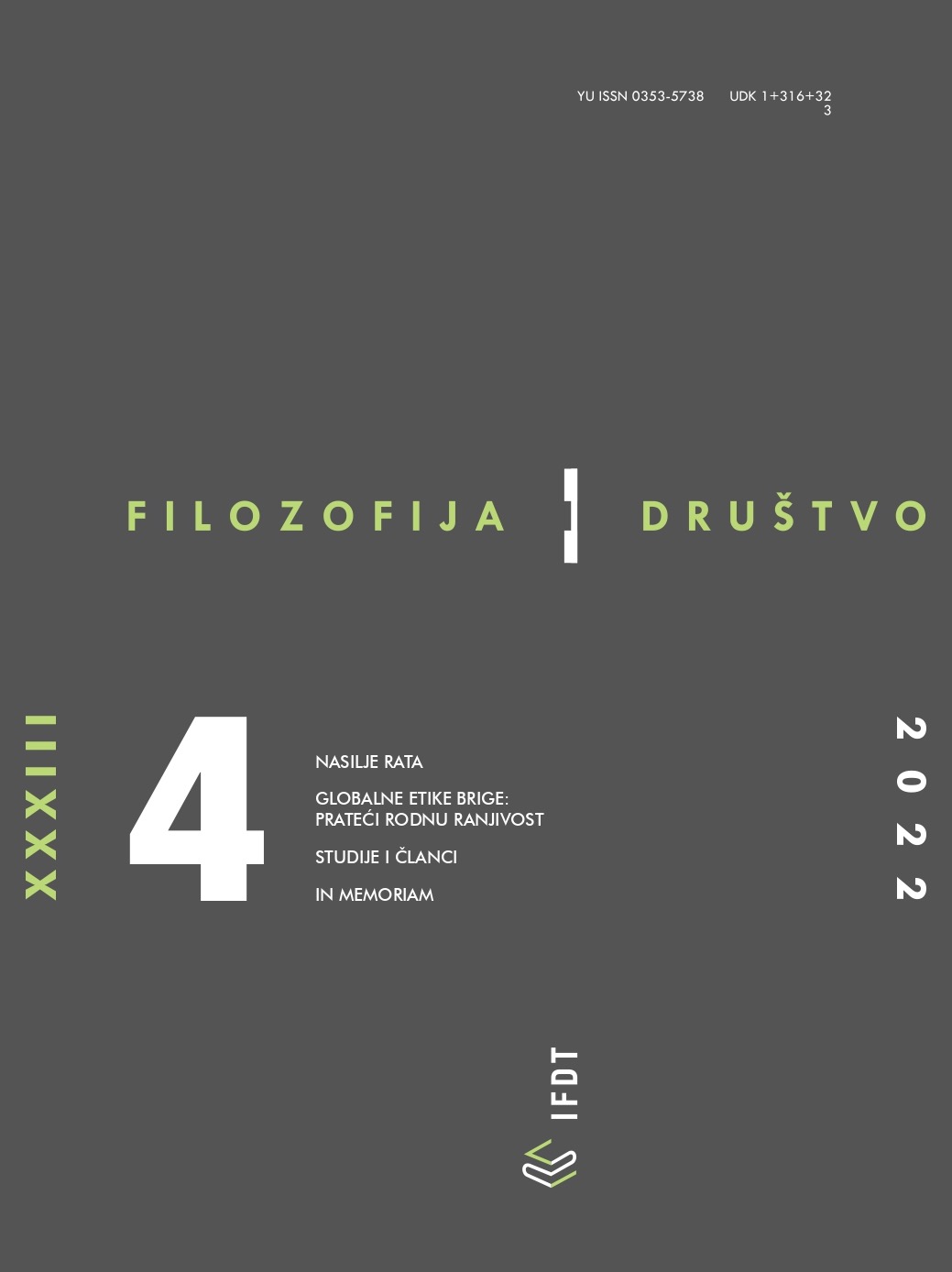THE THIRD ROAD POLICY: EUROCOMMUNISM AND ITS YUGOSLAV ASSESSMENT
THE THIRD ROAD POLICY: EUROCOMMUNISM AND ITS YUGOSLAV ASSESSMENT
Author(s): Milivoj Bešlin, Petar Žarković, Srđan MiloševićSubject(s): Post-War period (1950 - 1989)
Published by: Institut za filozofiju i društvenu teoriju
Keywords: Eurocommunism; the Cold War; the Soviet Union; Yugoslavia; Czechoslovakia; Santiago Carrillo; Enrico Berlinguer
Summary/Abstract: This paper deals with a critical stage in the dissolution of the Soviet Communist (Bolshevik) Party’s domination in the Communist commonwealth. The gradual emancipation of European Communist parties, starting with Yugoslavia (1948), through the developments that caused the Soviet interventions in Hungary (1956) and Czechoslovakia (1968), gave birth to independent strategies of political struggle, autonomous from Moscow’s ideological centre, which were implemented by the largest Communist parties in Western Europe. The attempts aimed at the syncretism of the communist platform, and ideas of political rights and adapting to the parliamentary regime resulted in the “Third Road” movement, which strove to unify the positive experiences of the two ideologically opposed sides of the Cold War international constellation. Although it was a belated and, eventually – purely ideological concept, the movement itself and the idea of Eurocommunism has remained as an important testimony of an attempt at finding new paths in the struggle for a more just society.
Journal: Filozofija i društvo
- Issue Year: 33/2022
- Issue No: 4
- Page Range: 1037-1054
- Page Count: 18
- Language: English

